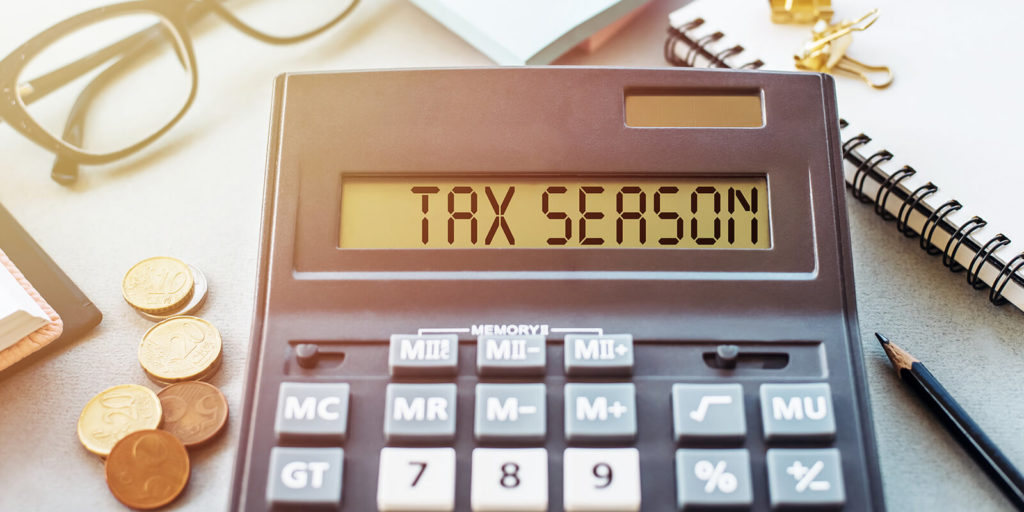The creation of financial statements like the cash flow statement and balance sheet is the responsibility of businesses. Nevertheless, it’s crucial to remember the tax accounting component while developing an accounting plan in business accountant brisbane. To track and handle payments to HMRC, you’ll need to create a company tax account.
Exactly what does tax accounting entail?
Tax accounting places more of an emphasis on handling payments and completing firm tax returns than it does on creating public financial statements. The kind of tax return you must file in the UK depends on your company’s size, organizational structure, and requirement to register for VAT.
When calculating your business’s taxable income under tax accounting, revenue is taken into consideration together with any possible government credits and deductions. Due to this, your actual income will frequently differ from what is shown on your income statement. The newest HMRC regulations, which alter annually, apply to taxable income.

It’s simple to open a company tax account with HMRC for smaller companies and independent contractors to handle these payments on your own. However, due to more complex returns and reporting obligations, larger businesses may need to hire a corporation tax accountant.
Tax accounting elements
Tax accounting requires the recognition of two items:
- Liabilities for the current tax year: These are the estimated income taxes paid or refunded for that tax year.
- For planning ahead and making estimated tax payments, you’ll also need to consider your future liability.
Tax accounts for businesses consider many factors, such as profit, loss, and expenses. The calculation will also take into account earned interest and tax credits.
Tax account management for businesses
Others would need to complete a Self Assessment tax return with HMRC directly, while corporate personnel will have their income tax automatically deducted from salaries and pensions. This covers anyone who works for themselves, whether they do so as a lone proprietor or as a partner in a business. Additionally, it applies to entrepreneurs having taxable incomes of more than £10,000.
The following areas of your business must be documented in order to manage your HMRC tax account:
- Earnings and sales
- Charges for business expenses
- Records of payroll (if you have employees)
- Records of VAT (if you are VAT registered)
A minimum of five years must pass before these documents are deleted from corporate tax accounts. If you employ accrual accounting, you must additionally assemble your year-end bank balances and any residual inventory value.
Tax accounting also takes into account corporation tax. Each accounting period’s conclusion requires businesses that owe corporation tax to HMRC for submission of their Company Tax Return. Included in this will be data on revenue, expenses, and any outstanding debts.
VAT and HMRC tax accounts
When you manage tax accounts with HMRC, you can also take care of value added tax, or VAT. If you need to register for VAT, how do you know if you have to? In order to qualify, you must meet the following requirements:
- The next 30-day period will see your taxable turnover exceeding £85,000
- In the past 12 months, you generated taxable revenue over £85,000
The Flat Rate Scheme is available to companies with taxable turnover above £85,000 but less than £150,000.

Tax accountants for corporations
Even though you may handle the majority of tax matters online in your HMRC tax account, businesses that have more complicated accounting requirements might consider employing a corporate tax accountant. They can aid in handling problems with tax accounts like:
- Mitigation of risks
- Growth of the business
- Taxes on corporations
- Analyses of efficiency
- Procedures for internal audits
- Procedure changes in taxation
Your bottom line may be impacted by all of this. Accountants can also advise you on how to properly plan for upcoming tax account payments, giving you more financial flexibility for the upcoming tax year.






